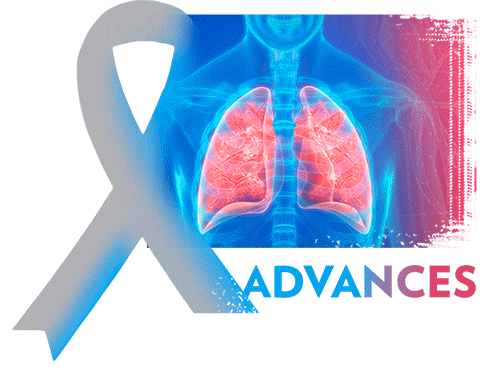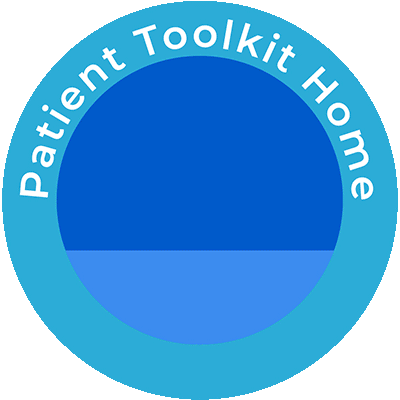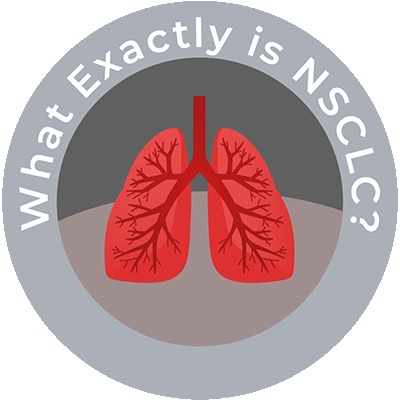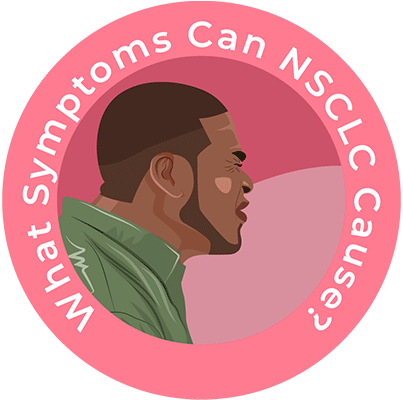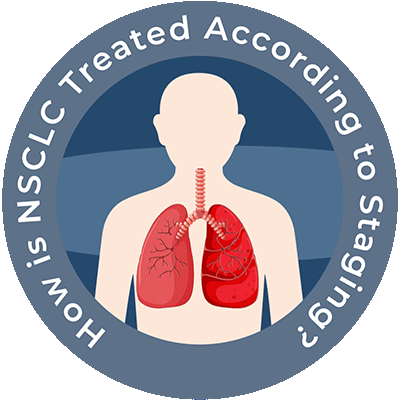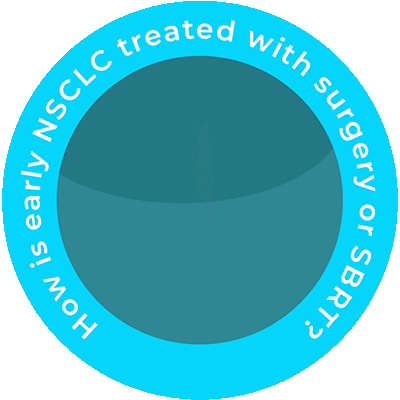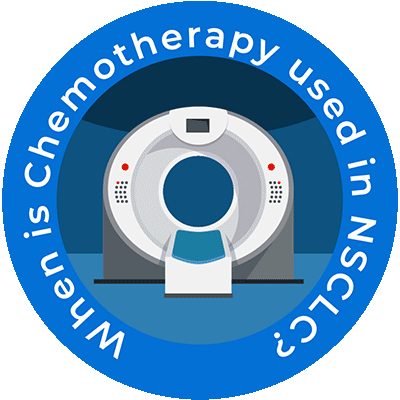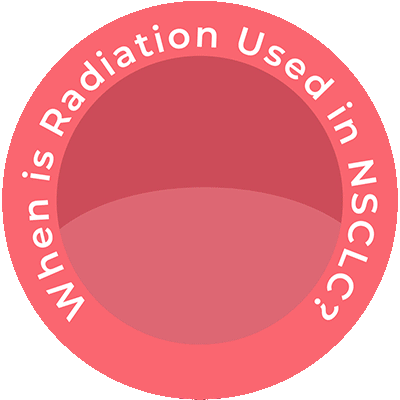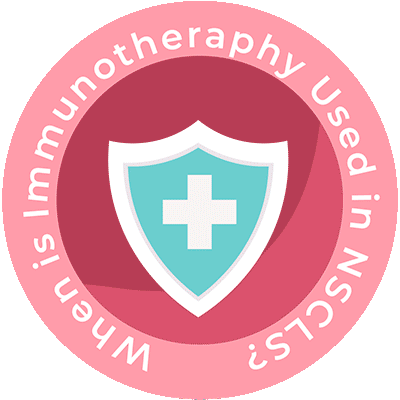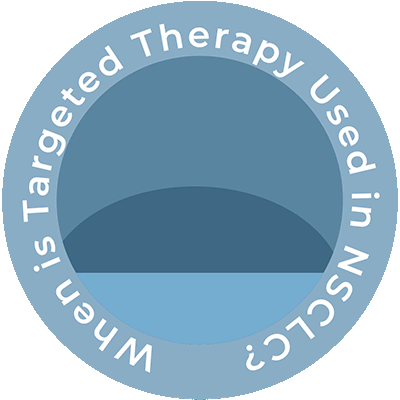When is chemotherapy used in NSCLC?
Chemotherapy
Chemotherapy (chemo) is treatment with anti-cancer drugs that may be injected into a vein or taken by mouth. Chemo drugs for lung cancer are typically given into a vein (IV), either as an injection over a few minutes or as an infusion over a longer period of time. This can be done in a doctor’s office, chemotherapy clinic, or in a hospital setting.
These drugs travel through the bloodstream and reach most parts of the body. Depending on the cancer’s stage and other factors, chemo may be recommended in different situations, such as before or after surgery. Neoadjuvant chemo is used before surgery (sometimes with radiation therapy). Adjuvant chemo is used after surgery (sometimes with radiation therapy) to try to kill any cancer cells that might have been left behind. Your doctor will tell you about the timing of your cycle and the number of cycles you will get.
Doctors give chemo in cycles that usually include a treatment period plus a rest period. Most cycles are 3 or 4 weeks long.
Adjuvant and neoadjuvant chemo is often given for 3 to 4 months, depending on the drugs used. The length of treatment for advanced lung cancer is based on how well it is working and what side effects you have.
Chemotherapy for NSCLC
The chemo drugs most often used for NSCLC include:
- Cisplatin
- Carboplatin
- Paclitaxel (Taxol®)
- Albumin-bound paclitaxel (Abraxane®)
- Docetaxel (Taxotere®)
- Gemcitabine (Gemzar®)
- Vinorelbine (Navelbine®)
- Etoposide (VP-16)
- Pemetrexed (Alimta®)
More than one chemo drug may be used to treat early-stage lung cancer. Often cisplatin or carboplatin plus one other drug. Sometimes other drugs are combined, such as gemcitabine with vinorelbine or paclitaxel.
Advanced lung cancer is also called stage IV or metastatic cancer. It means that the cancer has spread to places in your body outside of the lungs. Advanced lung cancer may be treated with a single drug, especially for people who might not tolerate more than one drug well, such as those in poor overall health.
For some people with advanced lung cancer, a targeted therapy or an immunotherapy drug may be given along with chemotherapy.
For advanced cancer, the initial chemo combination is often given for four to six cycles. Some doctors now recommend giving treatment beyond this with a single drug, for people who’s tumor has gotten smaller or has not grown. This is called maintenance therapy. It helps to keep the cancer from growing.
If the first chemo drug (or drugs) do not work or stop working, your doctor may talk to you about using different medicine.
Reference
American Cancer Society
https://www.cancer.org/cancer/types/lung-cancer/treating-non-small-cell/chemotherapy.html
